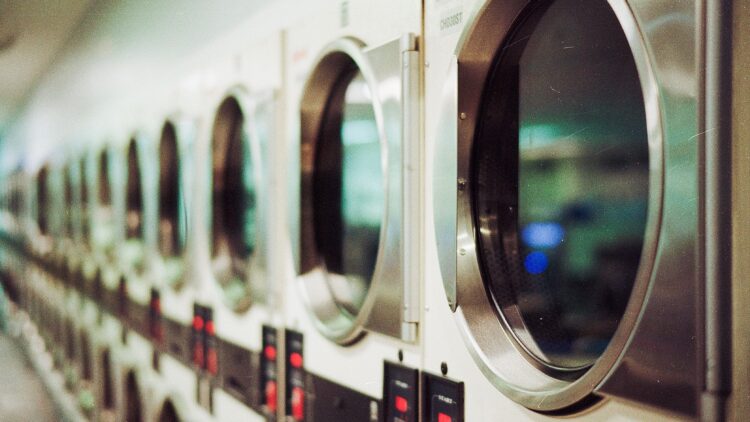Housekeeping, but keeping things clean in general can add a lot of stress to our lives. Having to keep the house in order and take care of everything adds up to a lot of work . We try our best to stay on top of all of the rooms that we have and all of the things that need to be washed and cleaned, but eventually, we lose track.
A lot of people might give up when cleaning becomes too much.

We start to give up on the schedule of when we wash everything or when we should be cleaning specific items in our house. However, there are tons of ways to stay on top of that (like a reminder on your phone).
But one thing people often struggle with is how often you should be washing certain items.

Sheets, laundry, duvets, and comforters seem to be a big confusing point for the majority of homeowners. Many people have different ideas of when they should wash certain items, especially things like duvets. Some people do it once a week, others do it every other week. And, then there are those who only do it once a month.
Sheets are one thing, but duvets are another.

Duvets are different than the typical comforter that you’d put on your bed. Comforters are blankets that are standalone and can be washed in the washing machine with other blankets. Duvets, on the other hand, are blankets that are inserted into a cover, that are usually closed with buttons or zippers.
The idea of a duvet is that you can take the cover off and wash it more frequently.

However, there are those who may only be washing it every 2-3 weeks. Now, experts are saying it’s important to get it done on a regular basis.
Your duvet cover should be washed once a week.

Experts recommend that if you are sleeping on your bed and your body touches your duvet cover (no top sheet is used), you should be washing the duvet cover once a week. If you do use a top sheet and there are no people laying on your bed throughout the day, every other week is fine.
The reason for this is bacteria buildup.

The reason to wash your duvet cover every week is that there is a buildup of bacteria . Microbes, skin cells, and food particles are transferred from our bodies to our beds and this can accumulate bacteria inside our bedspread.
You should also wash the duvet itself every couple of months.

Every few months, you also need to wash the actual duvet itself. Helen Johnson, the spokesperson for The Fine Bedding Company told the Huffington Post stated in an article that a duvet is likely to be home to more than 20,000 dust mites if it hasn’t been washed in a year.
In addition, replacing your mattress often is a good idea.

While we typically do not think about replacing mattresses due to the high cost of getting a new one, experts also say that replacing your mattress is vital to your overall bedroom health and safety.
Every seven years, you should replace your mattress.

Replacing your mattress every seven years is what experts suggest , as bacteria can build up over time. In addition, experts say that aside from bacteria, yeast and mold buildup stem from mattresses that have not been replaced.
Pillowcases can also be a breeding ground for bacteria.

Pillowcases have a lot of contact with our skin since that’s what we lay our head on at night, so it’s no surprise they harbor the most bacteria in our beds. Apparently, some pillowcases can hold more bacteria than a toilet seat—gross.
In order to keep your home fresh, clean, and bacteria-free, wash everything more often.

Chances are, you aren’t washing your duvet covers this often or even replacing your matters every several years. Despite the high cost, it may be a great idea to begin a new routine of washing and replacing, so you can sleep easy every night.
















































